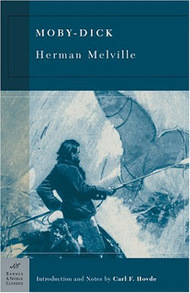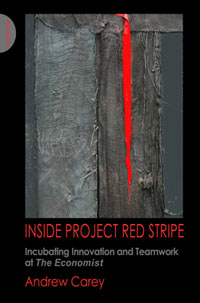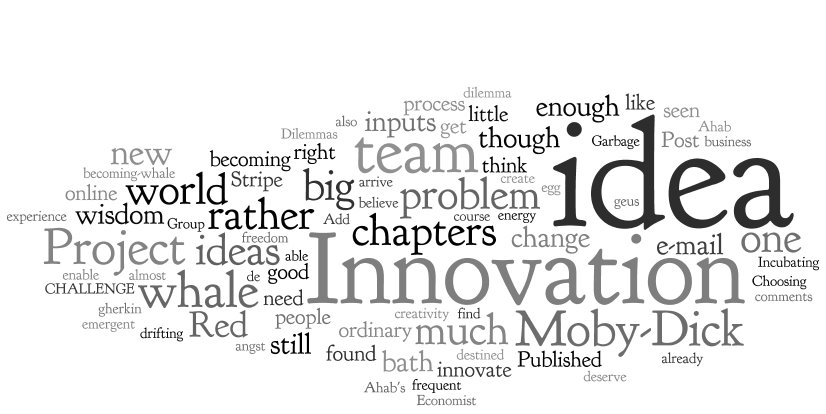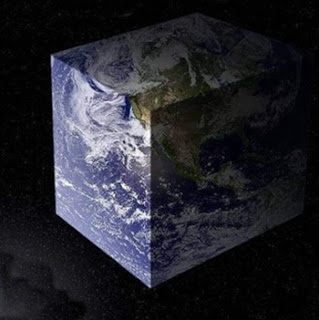|
Imprint: Triarchy Press
Published: 2008 List Price: £20.00 Offer Price: £16.00 Format: Paperback Extent: 232pp. Size: 15 x 23 cm ISBN: 978-0-9550081-6-0 Tags: Innovation, Teamwork, Design Thinking, The Economist Inside Project Red Stripe: Incubating Innovation and Teamwork at The Economist Andrew Carey Book Page About the author Contents Buy the book
Paperback:
|
Becoming Whale
Stewart: 'There was a problem with us not being able to pick an outcome.'
Herman Melville's Moby-Dick 'is not like the little cat or dog owned by an elderly woman who honors and cherishes it'. He is no ordinary whale. In the same vein, Project Red Stripe's big idea, whatever it was to be, was not like the kind of idea that you have in the bath. Of course, it could have been an idea that you have in the bath. But it wasn't, because it quickly acquired a weight and a symbolism and a significance that transformed it into something quite other. So that having it in the bath would have been as improbable as having Moby-Dick in the bath. Moby-Dick was no ordinary whale but one that 'bypasse[d] the pack or the school'; less an animal than an event in its own right and one whose character and fleshiness are partly an emergent property of Ahab's relationship with the whale. Another emergent property (or side-effect as we used to say) of that relationship was that the captain ceased to be just Ahab. Choosing to hunt Moby-Dick 'in a choosing that exceeds him and comes from elsewhere', Ahab is eventually overtaken by his preoccupation with the beast. He can be seen as 'becoming-whale'. So Red Stripe's idea, whatever it was to be, was no ordinary idea. And the team can be seen as becoming-idea. Taking the notion of Ahab-becoming-whale one step further, we could also imagine that, in the course of Ahab's struggle with it, the whale somehow changes. Perhaps Moby-Dick is himself becoming-more-than-whale. He is becoming-Ahab. So the idea can be seen as becoming-the-team. In any case, a sense of the idea (though not the idea itself) was there in Mike Seery's head nine months before the project began when he proposed an internal innovation team to the Internet Strategy Group, of which he was a member. Though he tried to talk it away - 'the key measure of success is not the idea itself, but that The Economist Group wants to run this innovation process again' - it continued to preoccupy him. The idea of an idea. 'It should be something that we couldn't otherwise have come up with.' It also preoccupied the team from the outset. Where would they find it? Would they know it when they saw it? Would they catch it? Would they be good enough for it? Would it be good enough for them? Would it be cool enough? Would they deserve it? If they found it, would other people recognise it? Would someone else steal it once they'd found it? As Mike said later about the idea-gathering process: ...by the time each team member had read through all of the ideas and the rush of new submissions had turned into a trickle, we knew that we still lacked the big idea. And we were already nearly two months into the project. To me it seems that this whale-of-an-idea was sometimes too much for the team. Too much for any team. They tried to bring it back down to size by playing with it: 'Let's divert the Thames through Lichfield', 'Let's make the world square'. But still it became the elephant in the room, to mix gargantuan mammal metaphors. And the team found themselves becoming-whale-of-an-idea-in-the-room. Then they had two ideas. Which one should they choose? Had they chosen the right idea? Then the idea was altered. Was it still good enough? Then it was changed altogether. As time ran out there was an awful dread that they had missed their chance. And, from the moment that they decided to look externally for their idea, there was a pervading sense that the idea lived 'out there'. Which meant, in turn, that the team would not be the authors or creators or owners of the idea. In the end, it's a serious responsibility being invited to change the world. The whale-of-an-idea is an onerous beastie, and cetanthropy is an onerous business. Dilemmas:
----------------------------------------------------------------------------- Credits: Wordle: www.wordle.net Moby-Dick: Barnes & Noble Square World: Funny Stuff Is All Around |



